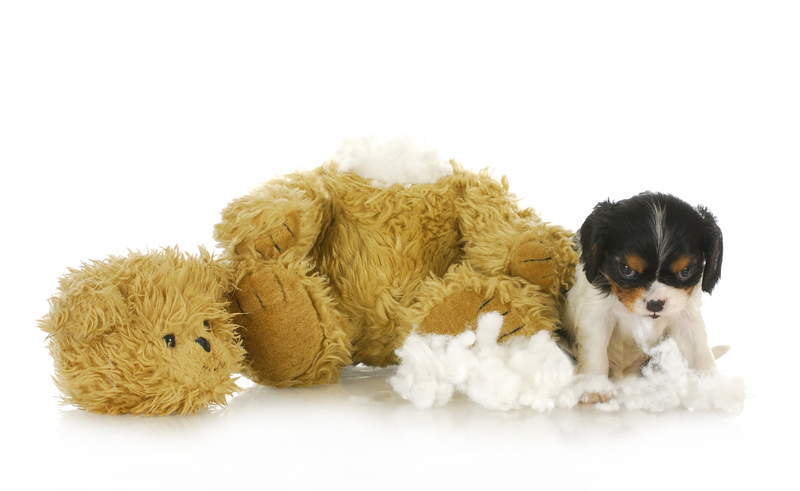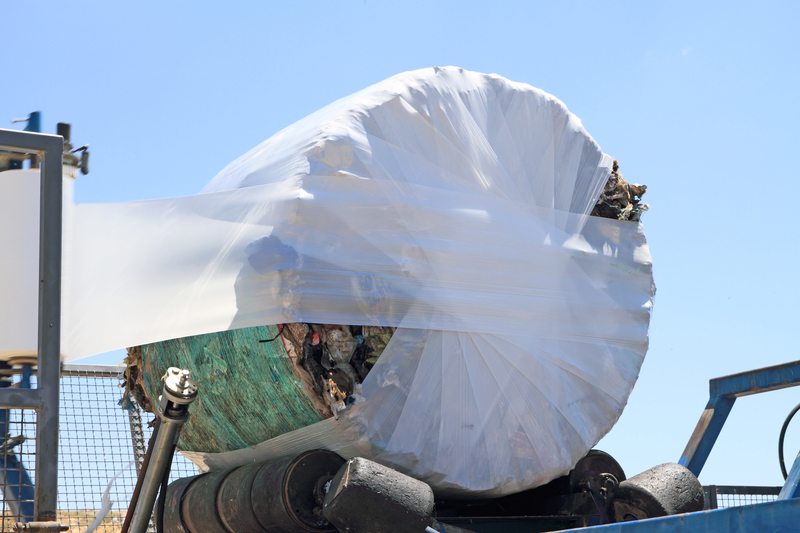Creative Ways to Introduce Kids to the World of Recycling
Recycling education for children is more important than ever. As environmental concerns rise, teaching the younger generation about sustainable practices and waste management is key to shaping a brighter future. In this comprehensive guide, we explore imaginative and engaging methods to help children understand and embrace recycling. Parents, teachers, and caregivers can use these strategies to make recycling a fun and memorable part of everyday life.

Why Is Recycling Important for Children?
In today's changing world, it's crucial that we all contribute to protecting our planet. By teaching kids about recycling and sustainability from a young age, we empower them to make responsible choices as they grow older. Educating children about environmental conservation not only preserves valuable resources, it also establishes long-lasting eco-friendly habits.
- Promotes critical thinking and creativity
- Encourages responsibility and awareness
- Reduces waste and environmental impact
- Fosters a sense of community
When introduced in a creative way, the world of recycling for kids becomes an exciting adventure rather than a chore.
Let's Make Recycling Engaging: Fresh Ideas to Inspire Kids
1. Fun Recycling Sorting Games
Turn the process of sorting waste into an interactive game. Set up color-coded bins for paper, plastic, glass, and metal, and challenge children to put items in the right place. Offer points or stickers as rewards for correct sorting. This hands-on activity not only teaches kids about recycling materials but also improves their ability to distinguish between different types of waste.
- Use real household items like empty bottles, food containers, and newspapers
- Create a time challenge: Who can sort the most items correctly in one minute?
- Explain why certain items belong in specific bins, fostering deeper understanding
2. Upcycling Art Projects
Children love arts and crafts, and upcycling everyday trash into treasures is both eco-friendly and creative. Collect items such as egg cartons, cardboard boxes, plastic bottles, and old magazines for imaginative projects. Try these kid-friendly upcycling ideas:
- Make robot sculptures out of cans and boxes
- Create collages from cut-outs of magazines and packaging
- Paint flower pots from yogurt containers
- Design musical instruments such as maracas with bottles and rice
Art projects teach children that recycling and upcycling are valuable for both the environment and creativity, all while resulting in unique crafts to display at home.
3. Recycling Storytime & Books
Beautifully illustrated children's books can introduce concepts of recycling, waste reduction, and sustainability in a memorable way. Share stories about characters who discover the importance of reusing and recycling. Here are a few recommendations:
- "The Adventures of a Plastic Bottle" by Alison Inches
- "Michael Recycle" by Ellie Bethel
- "Why Should I Recycle?" by Jen Green
Reading together helps children internalize environmental messages and understand their potential to make a difference, one small action at a time.
4. Interactive Recycling Field Trips
Organize a visit to a local recycling center, landfill, or eco-park. Witnessing the recycling process firsthand gives kids a behind-the-scenes view of where their waste goes. Many facilities offer guided tours specifically for children, blending learning with excitement.
- Participate in community clean-up days and sort collected items together
- Tour composting gardens to see organic waste transformed into soil
- Document the experience with photos or drawings to share at home or school
Field trips provide real-world context to recycling education, reinforcing the impact of individual and collective actions.
5. Themed Recycling Challenges and Contests
Host family- or classroom-wide recycling challenges. Set weekly or monthly goals, such as collecting a certain number of bottles or reducing single-use plastics. Offer fun rewards like certificates or special activities for meeting milestones.
- Hold a "Trash to Treasure" competition: who can come up with the most creative recycled invention?
- Start a leaderboard tracking bottles, cans, and paper recycled by each participant
- Encourage children to teach family members about recycling as part of the competition
6. Recycling Science Experiments
Combine STEAM learning with green habits! Science experiments can illustrate the importance of recycling and its positive impact on the environment. Try these ideas:
- Paper Recycling at Home: Shred old paper, soak it in water, blend it into pulp, and press it into new sheets of homemade paper
- Composting in a Jar: Layer food scraps and soil in a clear jar and observe how nature recycles organic material
- Plastic Decomposition Demonstration: Compare how quickly different materials (fruit, paper, plastic) break down in soil
Such hands-on experiments deepen understanding of recycling principles and nurture curiosity about how science can help the planet.
7. Collaborative Community Projects
Invite children to participate in larger recycling initiatives, such as school or neighborhood recycling drives, park clean-up events, or creating community murals from recycled materials. Working together fosters a sense of ownership and demonstrates how small actions build into larger environmental achievements.
- Organize a recycling "pledge" wall for kids to sign
- Create a recycled art installation for the community
- Hold a recycling parade, showcasing costumes made from upcycled materials
8. Digital Learning: Apps and Educational Videos
Kids love technology, so make use of interactive apps and YouTube channels that focus on recycling and sustainability. Look for app games where children sort virtual waste or complete recycling missions. Digital resources often make abstract topics more accessible and fun.
- "Recycle Hero" - an app game teaching recycling basics
- "Peppa Pig Recycling" - interactive stories for younger learners
- National Geographic Kids' videos on recycling
Use screens mindfully as a supplement to real-life activities, ensuring children make connections between digital and physical experiences.
Everyday Opportunities to Foster Recycling Habits
Simple, consistent practices in daily life cement recycling knowledge for kids. Consider the following everyday actions to bring creative recycling home:
- Let children be the "recycling monitor" in the house or classroom
- Keep recycling bins accessible and clearly labeled
- Praise and encourage positive recycling behavior
- Discuss the journey of recyclables: Where do they go and how are they used again?
By integrating these habits naturally into routines, children view recycling as second nature, not a special activity.
Overcoming Challenges: Tips for Success
- Keep it positive: Focus on the impact recycling has, rather than guilt-driven messages.
- Use age-appropriate language and activities: Tailor your approach depending on whether children are preschoolers or older.
- Be patient: Establishing new habits takes time and repetition.
- Model good behavior: Demonstrate your own commitment to sustainability. Kids learn most from what they see adults do.
Patience, creativity, and enthusiasm are essential for nurturing a lifelong respect for the environment.
Frequently Asked Questions About Teaching Recycling to Kids
- At what age should I start introducing recycling to my child?
Recycling concepts can be introduced as soon as a child starts to sort and categorize (around 2-3 years old), using simple tasks like separating paper and plastic. - How can I make recycling more interesting for older kids?
Create recycling challenges, involve them in upcycling projects, or take them on educational field trips that match their interests. - What should I do if my child seems uninterested?
Connect recycling to their hobbies; for example, use sports magazines for crafts, or tech gadgets to explore environmental apps.

The Lasting Impact of Early Recycling Education
When kids learn about recycling through creative means, they don't just memorize facts--they develop a deep-rooted sense of responsibility and respect for the environment. Creative recycling activities for children help shape informed, compassionate future citizens, ready to tackle tomorrow's ecological challenges.
- They become advocates for sustainability in their families and communities
- They develop problem-solving skills applicable to many areas of life
- They help influence collective change, multiplying their positive impact
Ultimately, teaching children about recycling is about more than sorting waste--it's about igniting curiosity, building skills, and empowering the next generation of environmental leaders.
In Conclusion: Start Your Recycling Journey Today
It's never too early--or too late--to inspire children to care about the planet. By embracing creative methods for introducing kids to recycling, you make learning about sustainability exciting, engaging, and deeply meaningful. The earlier kids see the value of recycling, the more likely they are to carry eco-responsible habits into adulthood.
- Start small and let curiosity lead the way
- Mix learning, play, and community involvement
- Celebrate every positive step towards a greener world!
For more ideas and resources on the world of recycling for children, explore local environmental organizations, online activities, and community events. Remember: every recycled bottle, reused box, and upcycled craft is a step towards a healthier planet--and it all begins with a single creative idea.